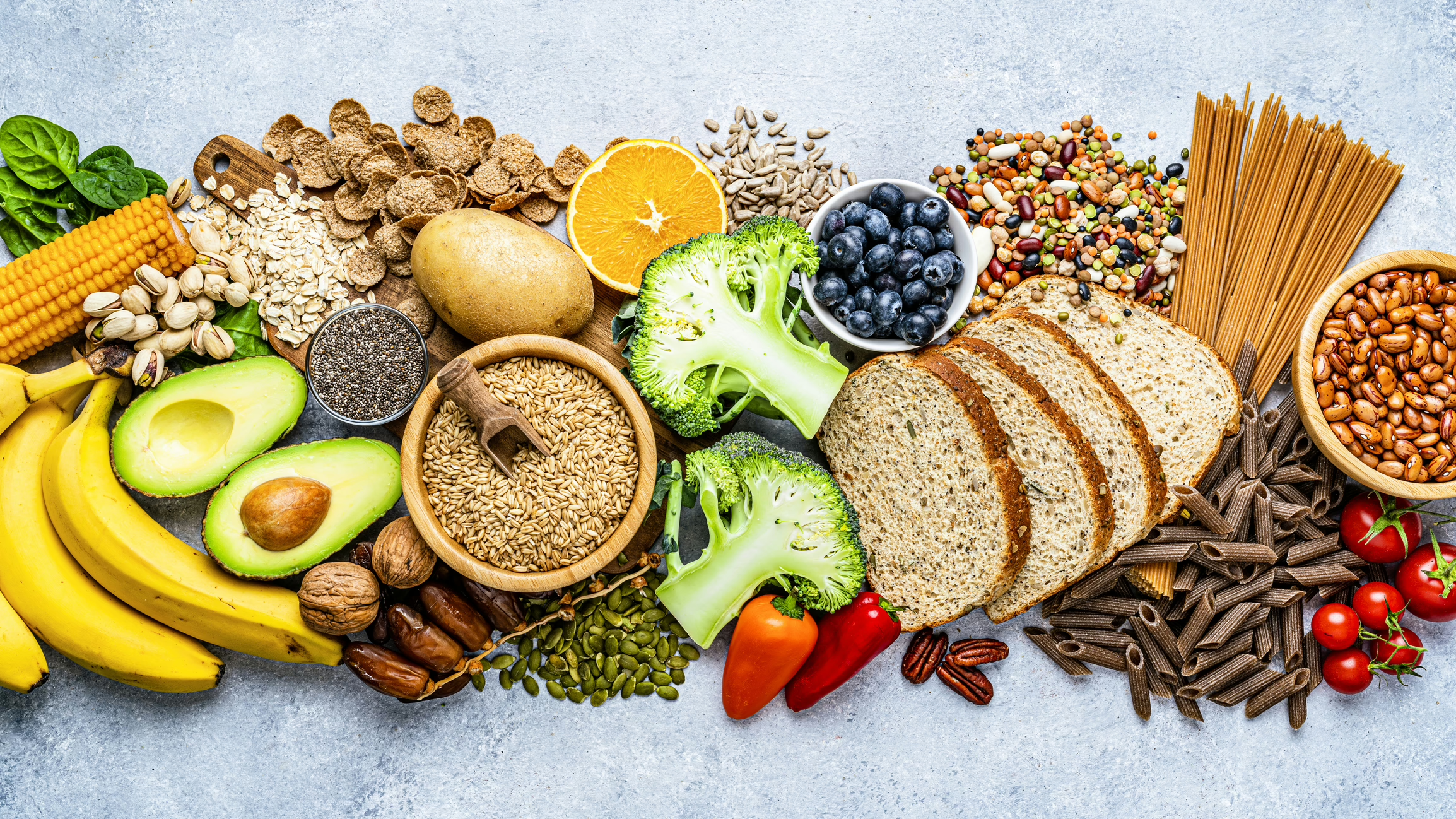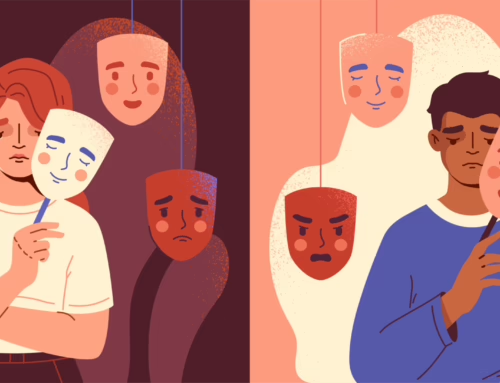Carbohydrates, the Brain, and Mental Health: Understanding the Connection
When people think about carbohydrates, they often focus on weight, energy or blood sugar—but did you know carbs play a major role in your mental health, too? While low-carb diets are popular, cutting out too many carbs can negatively affect how your brain functions, how you feel emotionally and how well you cope with daily stressors.
At its core, the relationship between carbohydrates and brain function is all about balance—and understanding how the brain relies on fuel to operate at its best.
Why the Brain Needs Carbohydrates
Your brain is one of the most energy-hungry organs in your body, using up to 20% of your daily caloric intake. Its preferred energy source? Glucose—which is derived primarily from carbohydrates.
Here’s how carbohydrates and brain function are directly connected:
- Carbs provide a steady source of glucose, which fuels cognitive performance
- They help regulate neurotransmitters like serotonin and dopamine
- They support mood stability, focus and mental clarity
- They play a role in stress management and emotional resilience
When your carb intake is too low—especially from complex, nutrient-dense sources—your brain may struggle to keep up, which can lead to fatigue, poor concentration, irritability or even anxiety and depression.
Carbs and Mood: What’s the Link?
Carbohydrates can affect your mood by influencing the production of serotonin, a neurotransmitter that helps regulate emotions, sleep and stress. Eating enough carbs supports the availability of tryptophan, an amino acid the body uses to make serotonin.
When serotonin levels dip, people may experience:
- Mood swings or irritability
- Trouble sleeping or feeling rested
- Increased anxiety or low motivation
- A greater risk of depressive symptoms
This connection between carbs and brain function highlights why some people feel worse—not better—on strict low-carb diets, especially when managing mental health challenges.
Not All Carbs Are Created Equal
Of course, not all carbohydrates offer the same benefits. The key is choosing complex carbs that digest slowly and provide long-lasting energy, such as:
- Whole grains (oats, brown rice, quinoa)
- Vegetables (especially root vegetables like sweet potatoes)
- Fruits (especially berries, bananas and apples)
- Legumes (beans, lentils, chickpeas)
These support stable blood sugar levels, which helps prevent the “crash” that can impact both energy and mood. On the other hand, refined carbs (like sugary snacks or white bread) can cause quick spikes and crashes in energy that may worsen anxiety or low mood.
Finding Balance: Mental Health and Nutrition
If you’re navigating mental health recovery, nutrition is a key part of the puzzle. Extreme dieting or cutting out entire food groups can sometimes do more harm than good—especially when it comes to carbohydrates and brain function.
Instead of fearing carbs, focus on:
- Incorporating balanced, whole-food meals
- Listening to your body’s cues for hunger and energy
- Avoiding restrictive eating habits that can create stress
- Speaking with a registered dietitian or healthcare provider who understands the link between nutrition and mental wellness
Nourishing the Mind Starts with Fueling the Brain
Carbohydrates are more than just fuel—they’re a vital part of mental well-being. The connection between carbs and brain function is well established in both research and recovery communities. Whether you’re in treatment for a mental health condition or just trying to feel better day-to-day, balanced nutrition that includes healthy carbs can be a powerful tool for emotional and cognitive health.
At Tapestry, we believe healing the mind includes nourishing the body. If you’re struggling with your mental health or need help building sustainable habits, our team is here to walk beside you on your journey—every step of the way.






